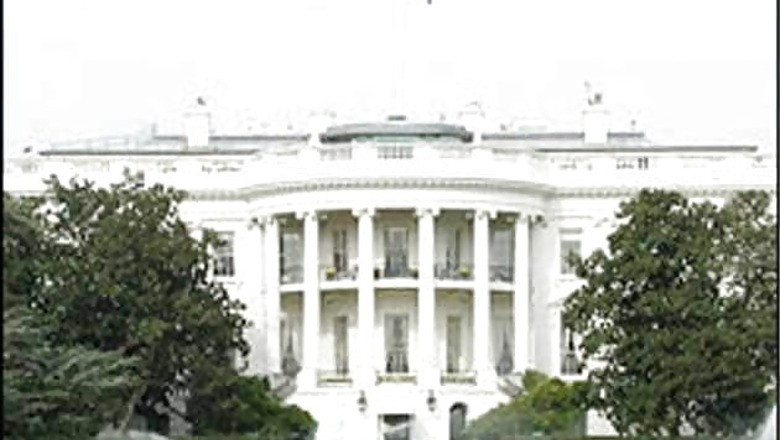
views
Washington: The US Congress will have to deal with "grave" consequences if it blows up the Iran nuclear deal as such a move would make it difficult for America to convince countries like India, China and Japan to enforce sanctions against Tehran, the White House has warned.
"If Congress does blow up the deal that prevents Iran from getting a nuclear weapon, they're going to have to deal with the consequences, and the consequences are grave," White House press secretary Josh Earnest said on Thursday.
He said the White House had seen irresponsible efforts on part of some Congress members to advocate for and to write up and submit pieces of legislation that would violate cause of the Iranian nuclear deal to break up and "in all likelihood" would prompt Iran to kick inspectors out of their country.
These are inspectors who right now are keeping closer tabs on the Iranian Nuclear Programme than any other nuclear programme in the world, he said.
"What they would also precipitate, by passing legislation that undermines the deal, it would cause the international coalition that we have built, to shatter. And it would be very difficult for the United States to make the case to countries like India and China and Japan that they should help us enforce those sanctions," Earnest said.
"We would have a hard time convincing them to help us enforce those sanctions, because the reason that the deal blew up is the fault of the United States Congress," he said.
President Obama is only in office here for another month.
And after that, Congress will have to deal with the consequences, if they choose to pursue irresponsible legislation that would blow up the deal, he said.
"The Iran Sanctions Act is consistent with our commitment under the international agreement, and the president did not veto this bill, because it does not undermine the deal. But there's been plenty of rhetoric and plenty of legislative work done on legislation that would blow up the deal," Earnest said.
"This is a message that if the United States Congress blows up the deal that prevents Iran from obtaining a nuclear weapon, they will have to deal with the grave consequences that ensue," he added.
Earnest said the successful implementation of the international agreement to prevent Iran from obtaining a nuclear weapon was not just a major national security priority of the United States, but also a major national security priority of some of its closest allies and partners in the region and around the world.
"Israel was deeply concerned about the prospect of Iran getting their hands on nuclear weapons. Saudi Arabia and other countries in the Gulf were also deeply concerned about this prospect. There were countries in Europe who are within range of some of Iran's ballistic missile capabilities were deeply concerned about the prospect that Iran could put one of those nuclear weapons on top of one of those ballistic missiles," he said.
"So preventing Iran from obtaining that nuclear weapon wasn't just a priority of the president, it was a priority of the international community," he said.



















Comments
0 comment